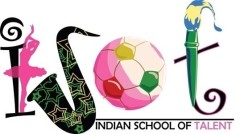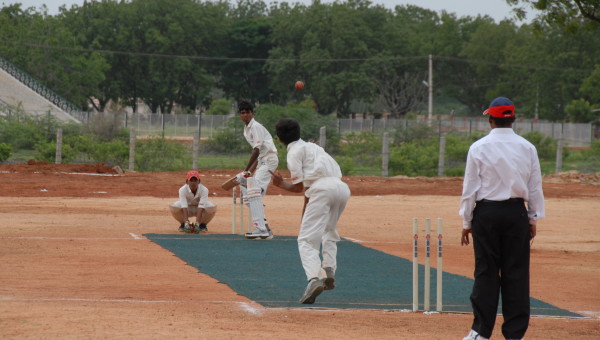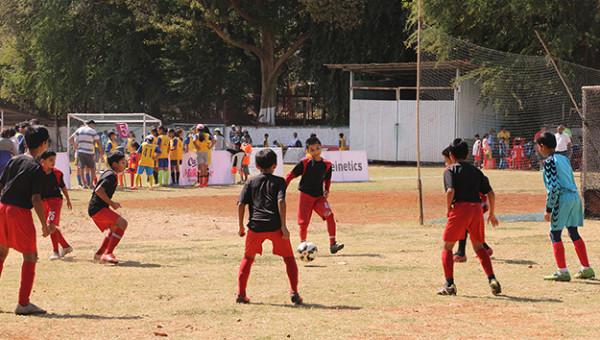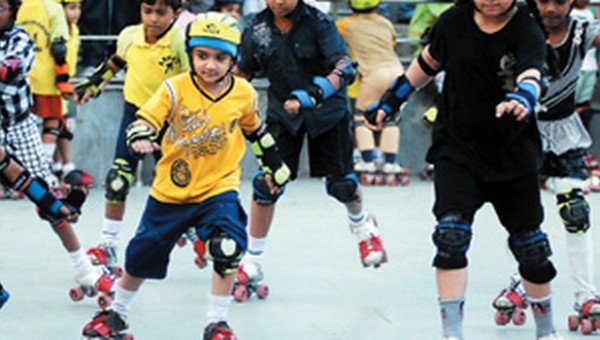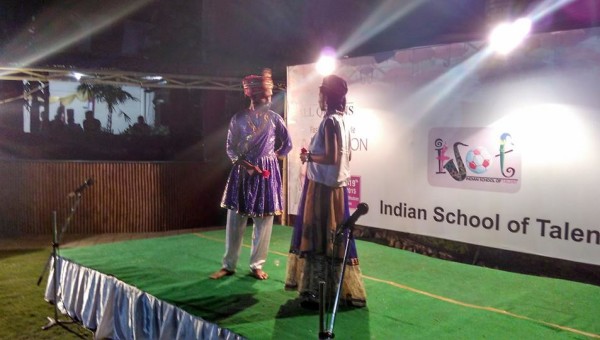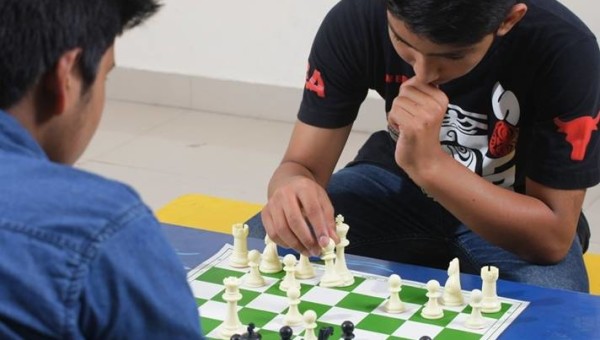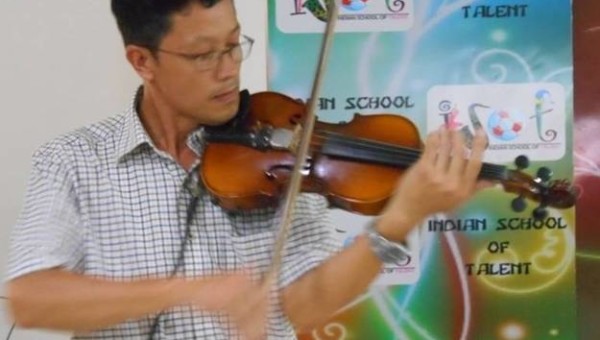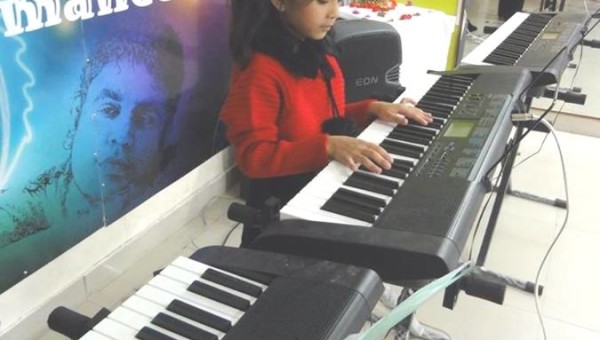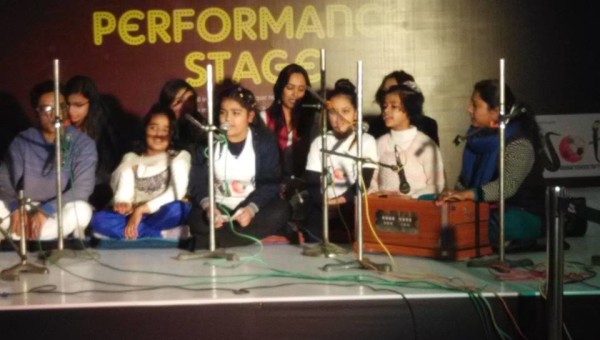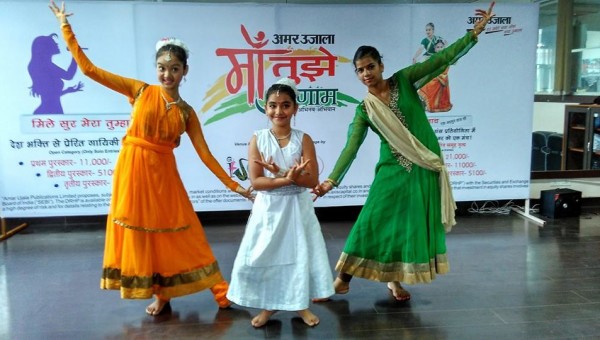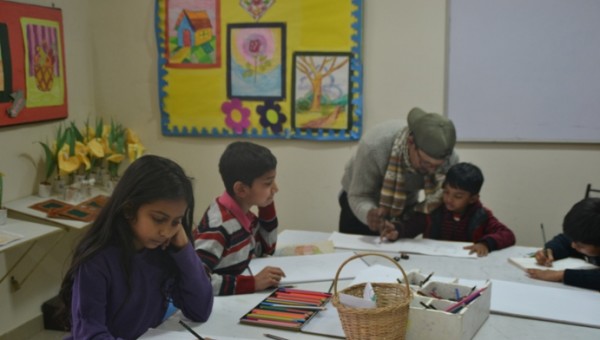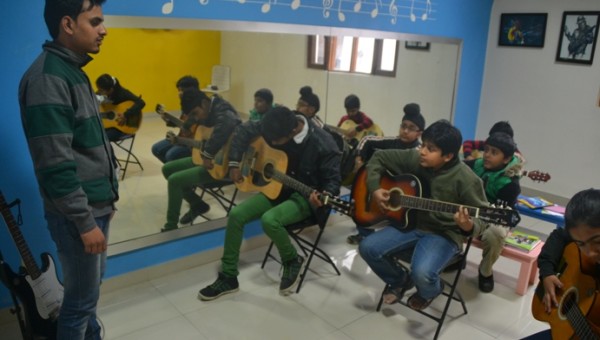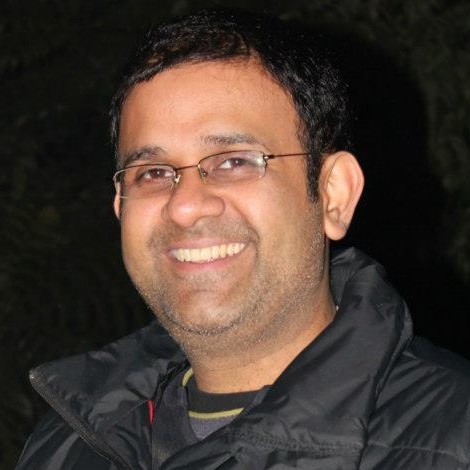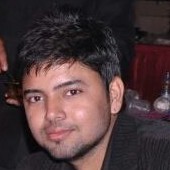Welcome to Indian School of Talent
Indian School of Talent prides itself on offering a supportive learning environment and teaching quality
Why choose Indian School of Talent
Sole motive of Indian School of Talent is to provide systematic, curriculum based, professional education in performing arts and sports
Our Approach
Indian School of Talent has established 5 key inputs for 1 strong output
Highly skilled and teacher-at-heart
Well planned and systematic
Well equipped with all equipment and material like Music Instruments, Music Players, Canvasses and Paints, and Championship kits
Safe, easily accessible and attractive for children with 24×7 power backup
Participation in stage shows, auditions, competitions and championships
Courses Offered at ISOT
Courses are selected through a rigorous process and uniquely created to provide effective learning
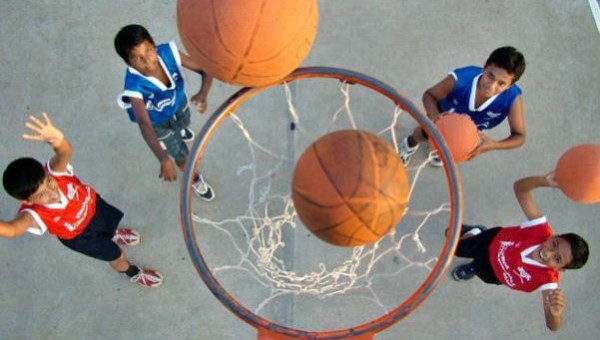
Basketball
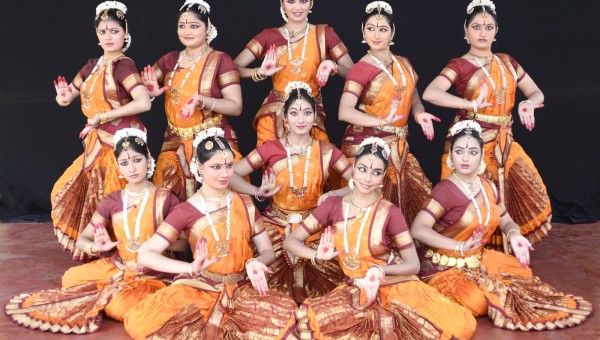
Bharatnatyam
Our planned professional approach to each class ensures that the techniques of dance are taught in a fun, joyful and challenging environment.
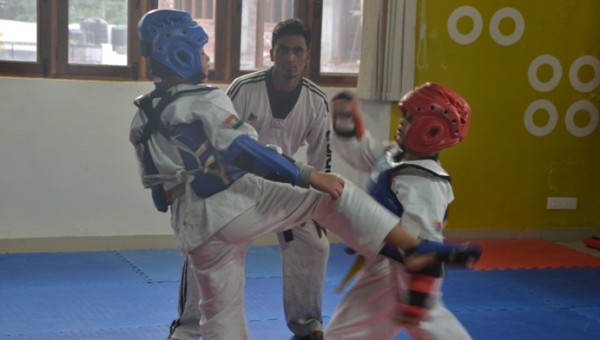
Tae kwon do
We offer unique classes in Tae Kwon Do that are exciting, graceful and offer a combination of both modern and traditional martial arts methods.
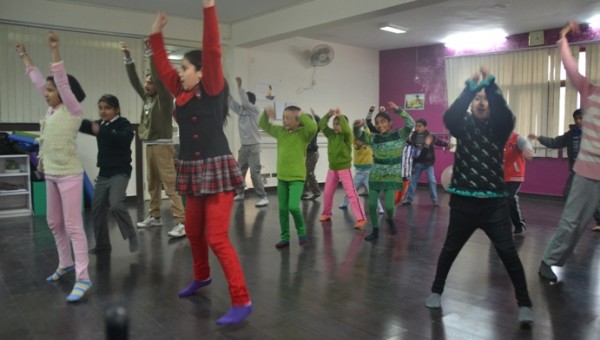
Western Dance
Our planned professional approach to each class ensures that the techniques of dance are taught in a fun, joyful and challenging environment.
Better than a thousand days of diligent study is one day with a great teacher
Benefits of Dance, Music, Sports and other Performing Arts education
A report states that young people who participate regularly in the arts, music, dance, and sports (three hours a day on three days each week through one full year) are four times more likely to be recognized for academic achievement, to participate in a math and science fair or to win an award for writing an essay or poem than children who do not participate. It facilitates learning other subjects and enhances skills that children inevitably use in other areas. Children not only learn the benefits of exercising, but they also learn coordination, balance, flexibility, stamina, stability, memory and discipline.
Recent studies have clearly indicated that musical training physically develops the part of the left side of the brain known to be involved with processing language, and can actually wire the brain’s circuits in specific ways.
Art education strengthens problem-solving and critical-thinking skills. The experience of making decisions and choices in the course of creating art carries over into other parts of life.
Many of the motions involved in making art, such as holding a paintbrush or scribbling with a crayon, are essential to the growth of fine motor skills in young children.
Dancing makes children feel good and helps them gain confidence in their own abilities.
Children understand and respect their own body and learn how to move safely.
Fighting for a common goal with a host of other players, coaches, managers and community members teaches you how to build a collective team synergy and effectively communicate the best way to solve problems en route to a victory. This will be very helpful in life when encountering problems at work, at home, or in any arena.
Research has also found a causal link between music and spatial intelligence, which means that understanding music can help children visualize various elements that should go together, like they would do when solving a math problem.
When kids are encouraged to express themselves and take risks in creating art, they develop a sense of innovation that will be important in their adult lives. “Art is a way to encourage the process and the experience of thinking and making things better!”
Playing a sport requires a lot of time and energy. Some may think this would distract student-athletes from schoolwork. However, the opposite is true. Sports require memorization, repetition and learning — skill-sets that are directly relevant to class-work. Also, the determination and goal-setting skills sports require can be transferred to the classroom.
The children who were given music lessons over the school year tested on average three IQ points higher than the other groups.
